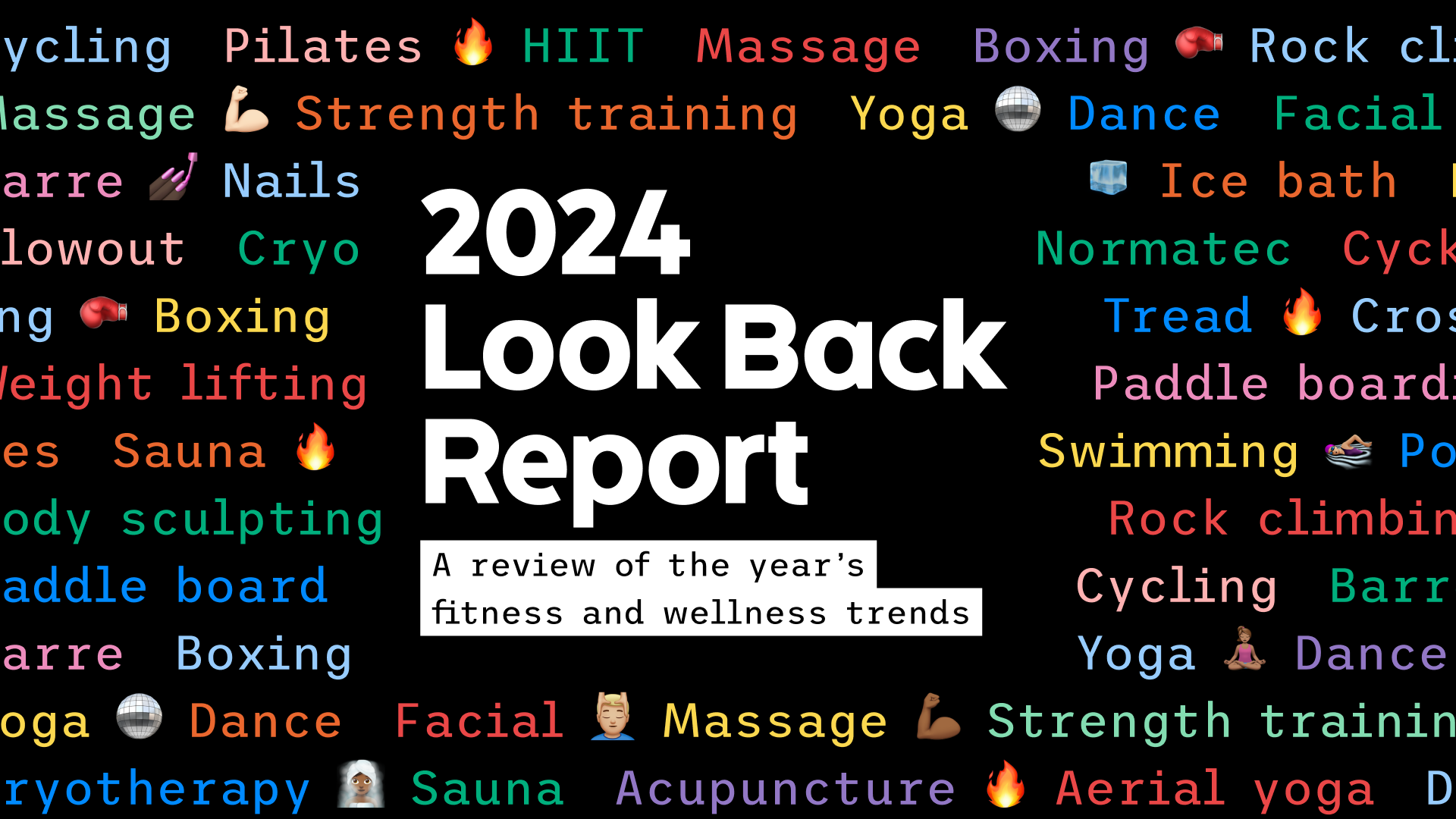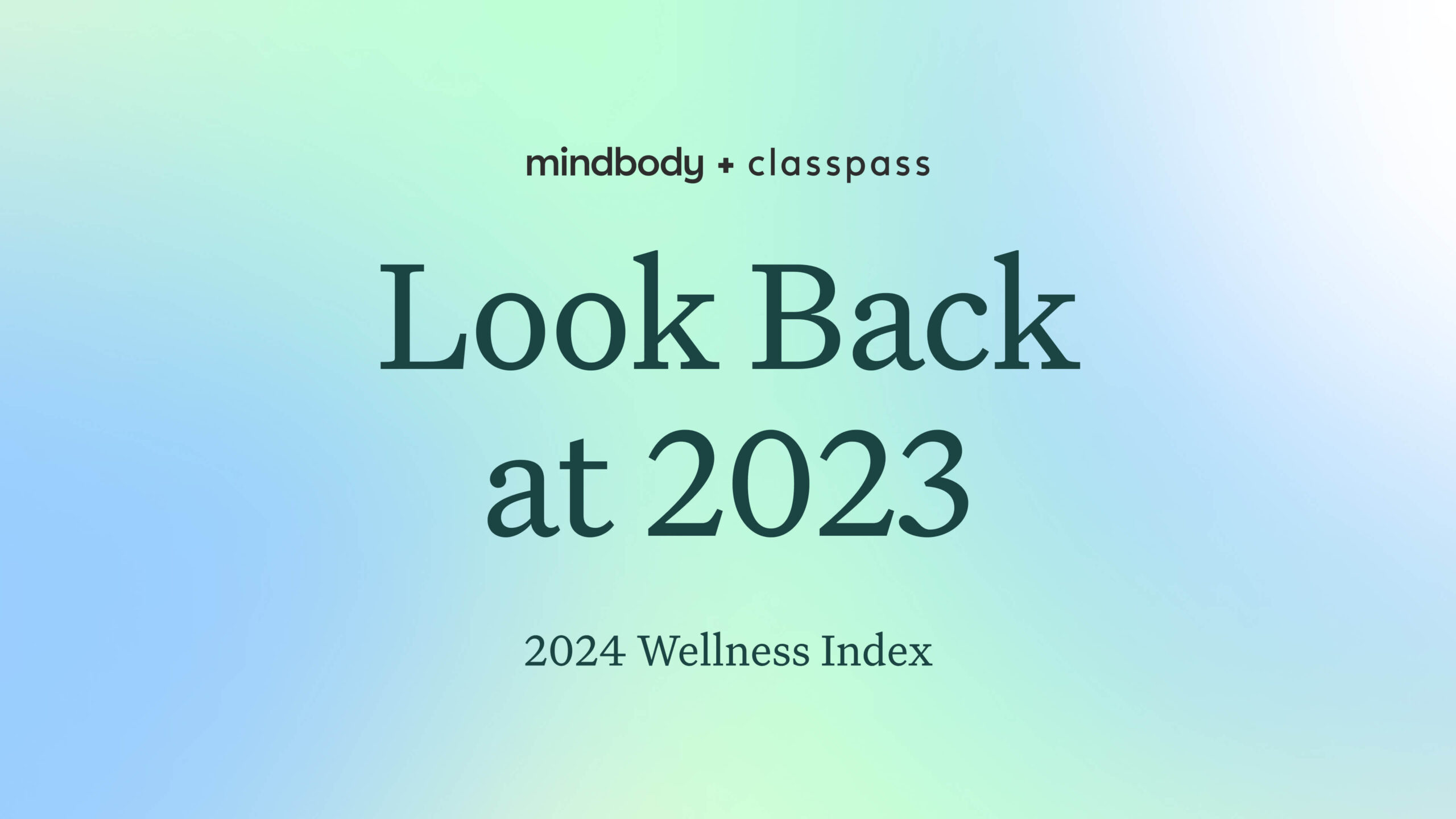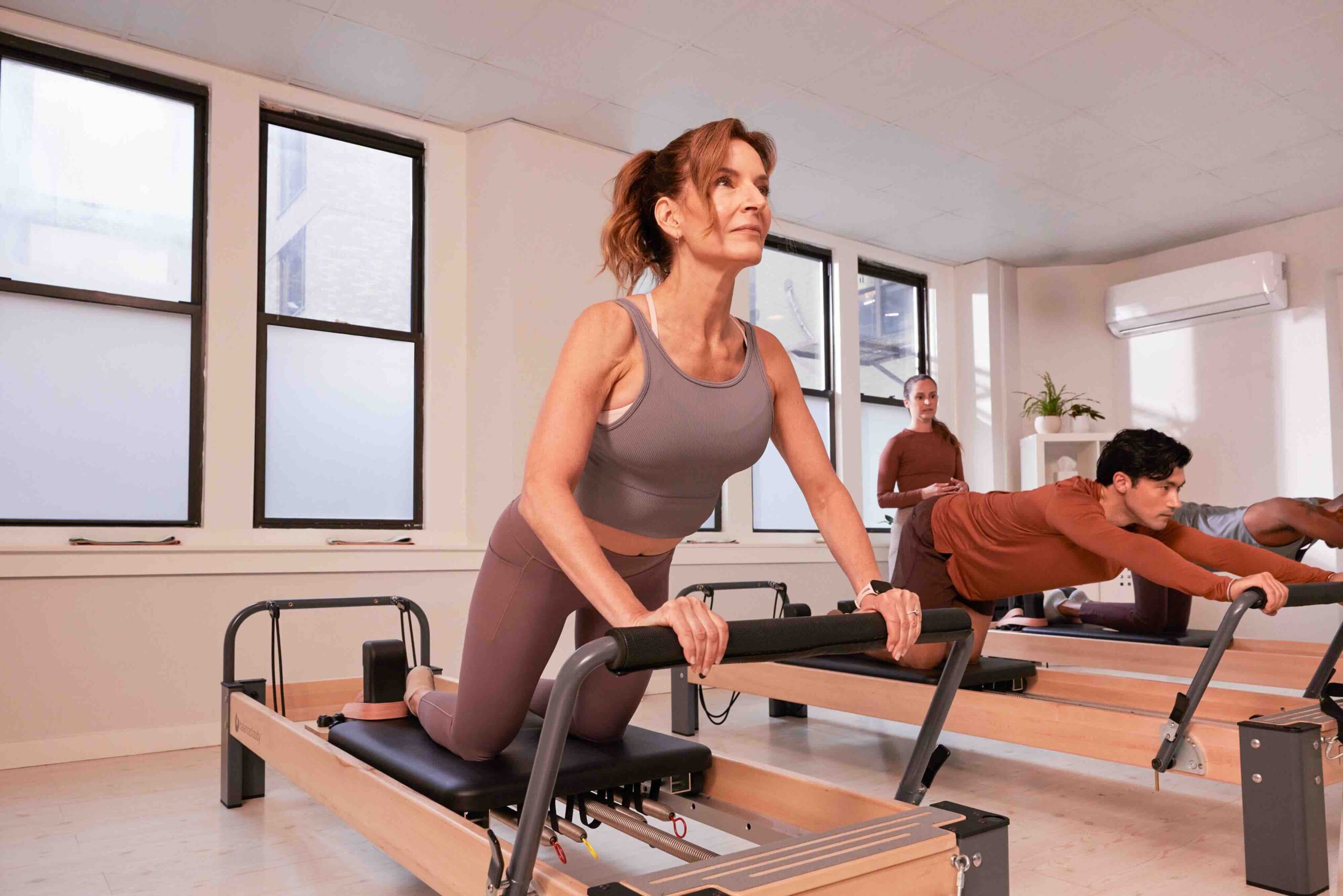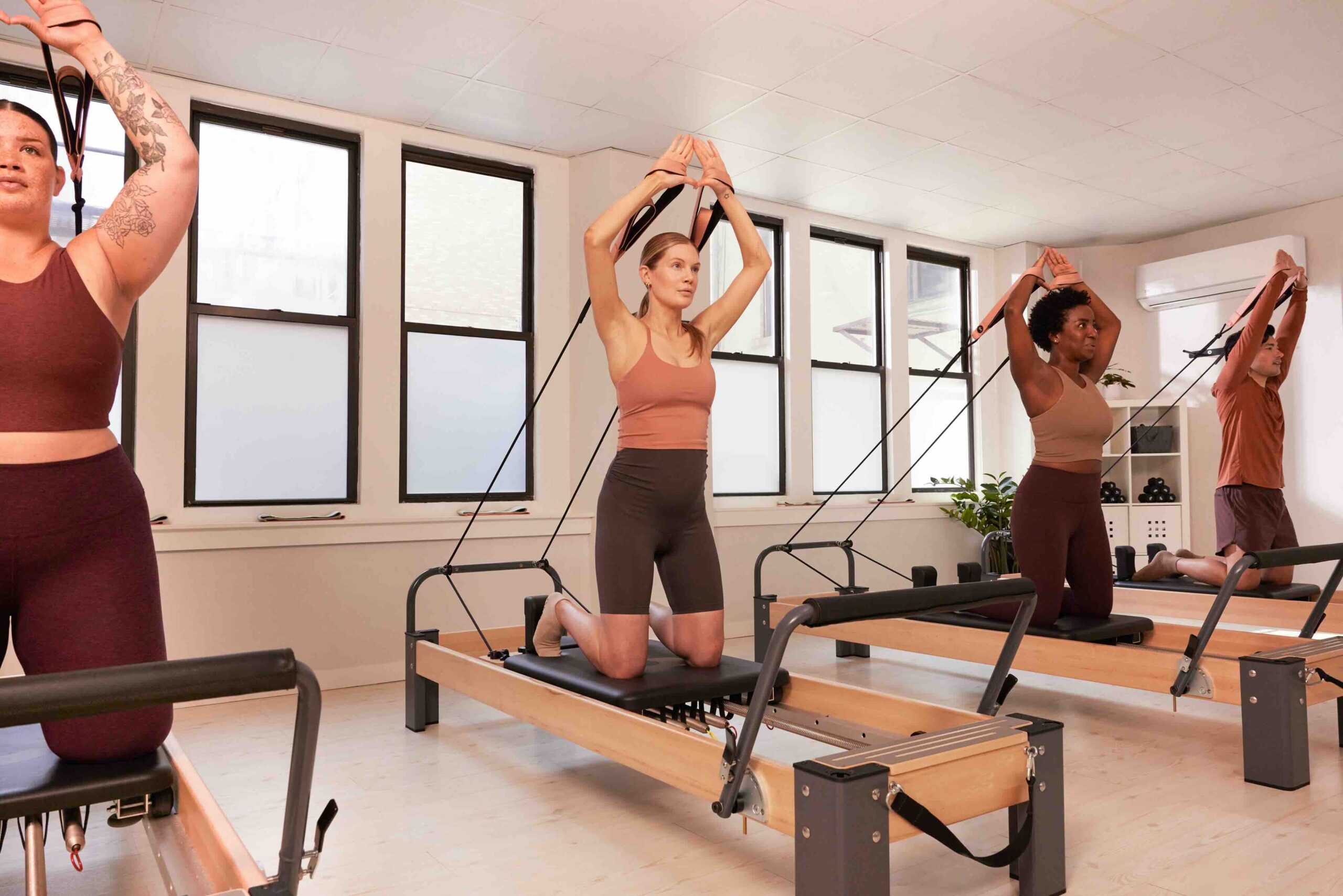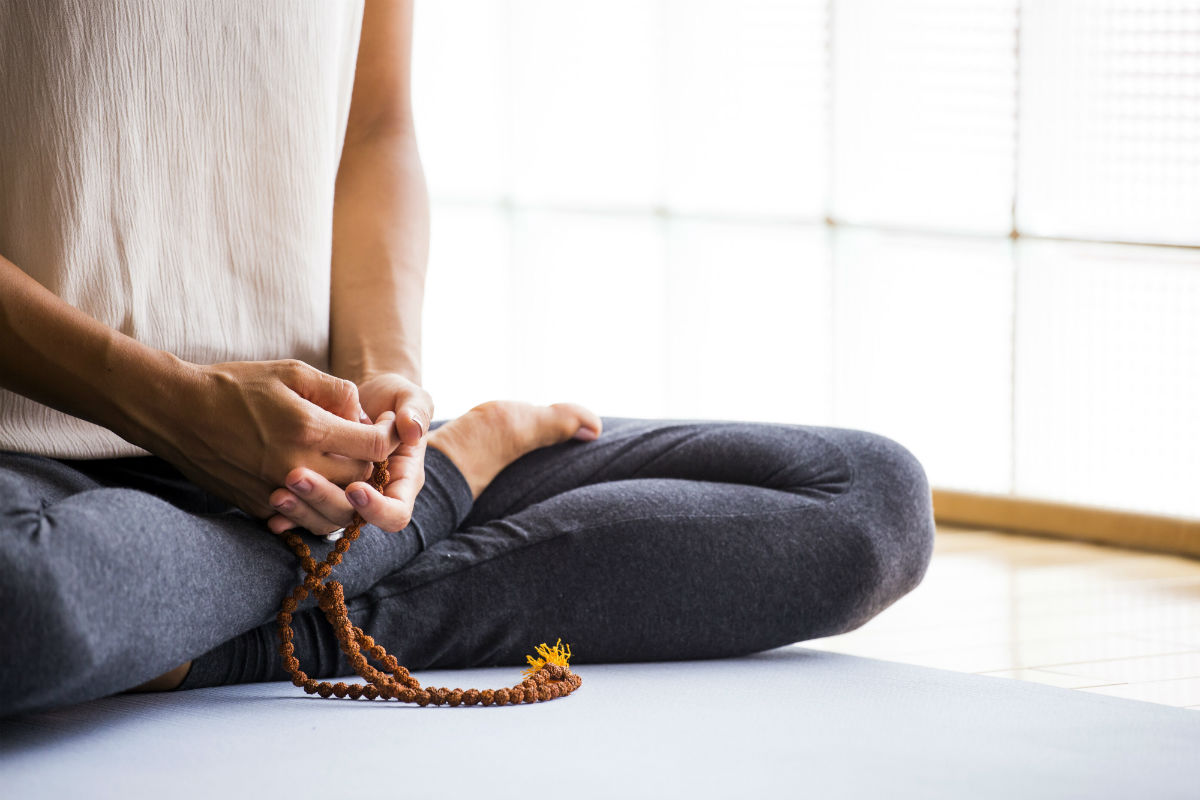There are many different subcategories of wellness that contribute to your complete well-being: spiritual, emotional, physical, intellectual, social, financial and environmental. When one of these is out of whack, it can throw off your health, how well you thrive and how you feel.
Among psychologists and life coaches exists a common practice of having clients identify strength and imbalance in their lives using a visual representation of a circle.
What is a wellness wheel?
Think about your life as a big circle — a wheel, a pizza, whatever round shape that can be sliced into segments. Dividing this circle into several pieces—with each piece representing the different elements of your wellbeing mentioned above—can help paint a picture of where things are going great in your world and where you can afford to put a little attention.
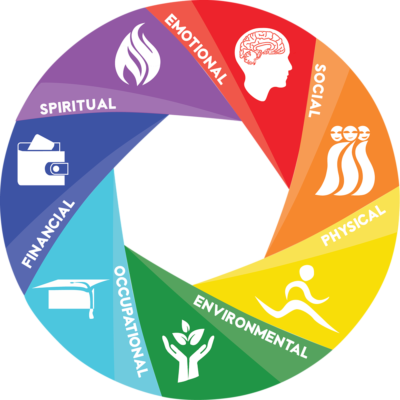
Imagine each segment as being full: full of color, full of energy and evenly distributed around the wheel. This wheel is going to run well: it’s balanced, true and strong. Now imagine segments of the wheel are missing, or not fully inflated. That makes for a less stable, less smooth-rolling wheel.
When you consider that each of these components makes up a full picture of wellness, it’s clear that having more rounded out, fuller segments makes for a healthier, more easeful existence.
Assessing the strength of your own personal wellness wheel is as simple as asking yourself a few questions and recording how many affirmatives apply to you.
What are the components of wellness?
A wellness wheel is composed of multiple wellness components. These include spiritual wellness, emotional wellness, social wellness, physical wellness, environmental wellness, occupational wellness and financial wellness
[sc name=”saveupto70off” ]Spiritual wellness
Your spiritual wellness encompasses your ability to discover purpose and meaning in your life and looks at how in touch you are with your values, morals and a higher spiritual power (if that applies to you). Consider questions like these when you fill in this section:
- I feel an overall sense of peace and wellbeing in my life.
- I am aware of my own values and beliefs and respect the values and beliefs of others.
- I believe my life is meaningful and has direction.
- I practice meditation, pray or engage in some type of growth practice.
- I have a general sense of serenity.
- I have faith in a higher power.
- I have a sense of meaning and purpose in my life.
- I trust others and am able to forgive others and myself and let go.
- Principles/ethics/morals provide guides for my life.
Emotional wellness
You’re probably familiar with your emotions, but this dimension helps us assess how well we’re taking care of these feelings, managing, identifying and fully engaging with them. Your emotional health often also dictates how you’re able to handle challenges that arise. Here’s what to ask yourself:
- I’m able to ask for/seek help when I need it – from friends, family, or professionals.
- I value self-exploration and self-improvement.
- I am able to recognize and manage the different stressors in my life.
- I have a sense of fun and laughter.
- I am able to feel and label my feelings.
- I express my feelings appropriately.
- I have a sense of control in my life and I am able to adapt to change.
- I am able to comfort or console myself when I am troubled.
- Others would describe me as emotionally stable.
Intellectual wellness
Your intellectual well being is related to how you use your mind: how stimulated you are, how much you seek out and benefit from learning new things, your creativity and your critical thinking skills (which involves how you think and how you focus). When it comes to your curiosity, here are some ideas to ask of yourself:
- I seek out new challenges.
- I feel optimistic about my current career and my career goals.
- I feel satisfied with my work performance.
- I have specific intellectual goals.
- I pursue mentally stimulating interests or hobbies.
- I have positive thoughts (a low degree of negativity and cynicism).
- I would describe myself as a lifelong learner.
- I commit time and energy to professional and self-development.
Physical wellness
There are a breadth of elements that make up your physical wellbeing: nutrition, exercise, rest, strength, endurance… you’re probably well-acquainted with most of them! Use these questions to assess this segment on your wellness wheel:
- I feel the sleep I get is adequate and I wake feeling rested.
- I eat regular nutritious meals that give me the energy I need to get through the day.
- I get a total of 150 minutes of moderate to vigorous physical activity per week.
- I eat a balanced nutritious diet.
- I choose to abstain from sex or sex is enjoyable and I practice safe sex.
- I do not use alcohol or use in moderation, am a non-smoker and avoid street drugs.
- I am generally free from illness.
- I am a reasonable weight for my height.
Social wellness
Your social wellness relates to the people with whom you spend time and the community in which you find yourself. Your connection and communication with others have a remarkable impact on your overall health: who influences your social health? Think about these:
- I am able to find the time to maintain healthy relationships with friends and family.
- I feel I belong to a group or community and do not feel isolated.
- I respect others and their cultural identities.
- I am able to resolve conflicts in all areas of my life.
- I am aware of the feelings of others and can respond appropriately.
- I have at least three people with whom I have a close trusting relationship.
- I am aware of and able to set and respect my own and others boundaries.
- I have satisfying social interaction with others.
Financial wellness
You likely spend a lot of time working. This dimension relates to finding fulfillment in your work and feeling like it has meaning. Occupational wellness also takes into account how you manage your money and how you balance your work and leisure time. How does yours stack up?
- I have developed a financial plan for my future and have a balance between spending for the present and saving for the future.
- I budget my spending each month.
- I have enough money to manage my living needs.
- My beliefs/values surrounding money are harmonious with my behavior.
- My work has a purpose.
- I have a healthy relationship with money.
- I have a balance between work and the other areas of my life.
Environmental wellness
Your environment and the greater global environment play a role in your wellbeing. How you understand it, interact with it and feel its impact contribute to how you live. Ask yourself:
- I care for and respect the environment and the community.
- I am aware of the risks within my environment and make adjustments to my lifestyle accordingly (e.g. travel health, personal safety).
- I preserve a calm home environment.
- I enjoy taking care of my living space and creating a positive place to be.
- I try to live an eco-friendly lifestyle (e.g. buying local food, driving less, turning the lights off).
- I make a point to educate myself about issues of global environmental significance and do my part to combat these.
How to understand your wellness wheel
Now that you’ve filled in the sections according to how much each one is represented in your life, what do you see? Are some sections vibrant and full? Are others noticeably less full? Here’s where the work begins: you can see where some attention may be due and craft an action plan to round out those areas of wellness.
When it comes to using the information in the wheel, it can be helpful to start with why: why is a particular section under-represented? What is causing you to prioritize other things over that piece of your life, or perhaps, what is getting in the way of you noticing the imbalance?
Then comes what: what would help you to give more time, attention or resources to that area? What are the resources – the people, the materials, the organization skills – that might help you to boost your wellbeing in that space?
Finally, the how: how will you improve your life balance and how will your life look different if you choose to act on this new information?
Wellness wheel takeaways
A wellness wheel is a versatile, broad-strokes tool to look at the full picture of your wellbeing. Know that there is no right or wrong answer when it comes to the wellness wheel: yours will look different at different times in your life. The key is to notice if there are imbalances that are posing challenges or limiting you in some way and making a conscious decision to take steps to change that.
Check in with yourself regularly to see where you’re doing great and where there are imbalances in how you take care of yourself, your relationships and your health. Use the wheel to craft a plan to make the best decisions you can for your life across the board.

